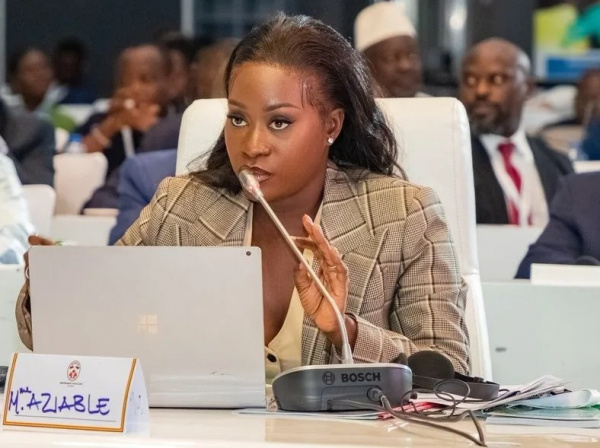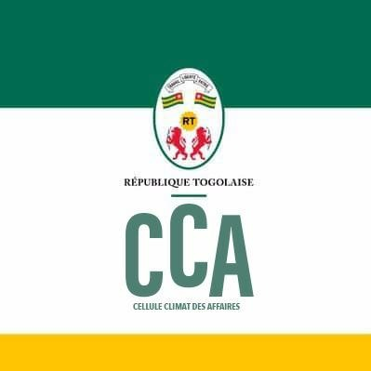Togo: Minister of Energy breaks the silence on recent outages

(Togo First) - At last, Mila Aziable, Togo’s Minister of Energy, commented on the power outages that the country has been experiencing since January 2024. The official gave the real reasons behind the crisis on X (ex-Twitter).
"The energy crisis that has been ongoing since January 2024 in our region, mainly due to a natural gas supply shortage, is causing power cuts and disrupting our economies," Aziable said.
"The demand for natural gas in Togo is 35,000 MM BTU per day, but supplies are insufficient, sometimes nonexistent, resulting in high production costs and frequent outages," she explained following a meeting in Lomé of the West African Gas Pipeline Ministerial Committee (WAGPCo). The crisis takes place in a period of peak temperatures, and it affects Togo and neighbors such as Benin and Ghana.
Questioned on the matter, Olivier de Souza, oil and gas expert at Ecofin Agency, a pan-African economic media, said: “Liquefied natural gas (LNG) is a natural gas product. Here, Nigeria supplies gas to Benin, Togo, and Ghana via the WAPCo pipeline since 2010. Unfortunately, recent maintenance works have caused transportation issues.”
“The Nigerian organization N-Gas, which aggregates gas volumes for WAPCo, sometimes fails to gather the necessary volumes to meet demand in the countries traversed by the West African gas pipeline,” the journalist added.
“It's a contractual breach that has been going on for ages, but everyone deals with it. Ironically, Nigeria, sometimes, uses volumes intended for its neighbors since its electricity production fails to meet demand,” De Souza further noted.
Despite these recurring difficulties, ECOWAS states keep relying on the WAGPCo. This year, stressed Minister Aziable, “the WAGPCo will focus on supply security, pipeline inspection, developing a new five-year strategic plan, promoting and managing the WAGP project.” In this regard, our source at Ecofin Agency claimed that “investment in an LNG import and regasification terminal is imperative. Especially for countries traversed by the WAGP: Benin, Togo, and Ghana (underway).” A project of this kind was also announced in Togo in 2018, with Equatorial Guinea, a significant LNG producer.
Diversifying energy sources is a viable solution, but it requires substantial investments in infrastructure, a process that could prove lengthy. Indeed, the WAGP project took over 28 years to materialize, and other similar initiatives have experienced comparable delays, while some are still not operational.
In Côte d’Ivoire, several natural gas reservoirs have been recently discovered. These include the Baleine and Calao reservoirs. Leveraging these discoveries, the country wants to connect to the West African pipeline. Again, this will require substantial investments.
Fiacre E. Kakpo


















